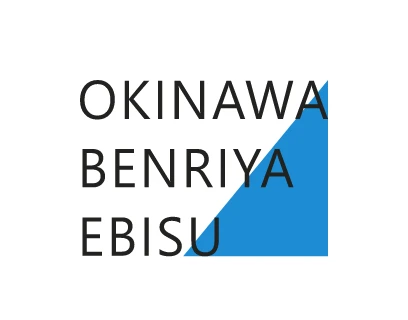
TOPIC
トピック
- ホーム
-
Accounts Payable Outsourcing: Pros, Cons, & Best Practices

2021.10.14
Accounts Payable Outsourcing: Pros, Cons, & Best Practices
When considering outsourcing, answer the following questions to get a better idea of your needs and what’s possible. While it is easy to supervise an in-house AP team, the same cannot be said for third-party service providers. Essentially, AP process outsourcing transfers tasks and responsibilities to another company for efficient management.
Outsource Accounts Payable Solutions to the Expert
Companies might outsource their accounts payable functions, including the entire accounts payable department, for various reasons, such as cost savings, improved efficiency, and easier compliance with financial regulations. When considering whether to outsource accounts payable (AP), it’s essential to assess your current processes for efficiency and cost-effectiveness. If your in-house AP functions are cumbersome or expensive, outsourcing may provide a streamlined solution that can save both time and money. Relying heavily on an external service provider for essential financial tasks can be risky. If the provider experiences technical issues, service disruptions, or even goes out of business, your AP function could come to a halt, causing delays in vendor payments and impacting cash flow.
Use performance monitoring tools
As business needs evolve, market conditions change, and new technologies emerge, the outsourcing provider should be proactive in identifying opportunities for optimization and implementing process enhancements or technological upgrades. By leveraging economies of scale and specialized expertise, outsourcing providers can offer cost-effective solutions that often result in significant reductions in operational expenses. Moreover, businesses can avoid the need to invest in expensive software, hardware, and training for in-house AP teams.
Additionally, verify their compliance with how to deduct personal appearance expenses relevant regulations, such as the Sarbanes-Oxley Act (SOX), the General Data Protection Regulation (GDPR), and industry-specific standards. With end-to-end process transformation capabilities and cutting-edge technology solutions, we excel at optimizing the AP process to improve cash flow and keep goods and services flowing with on-time payments. By establishing clear expectations and maintaining a strong working relationship with the outsourcing provider, businesses can maintain appropriate control over their accounts payable processes. Outsourcing accounts payable processes can result in a loss of direct control over managing financial transactions and vendor relationships. Although this can free up valuable time and resources for businesses to focus on other core activities, it may also lead to a lack of oversight and increased dependency on the outsourcing provider.
Difficult to report errors
- The most common AP processes that are outsourced are purchase order or invoice matching (0r 3 way matching), invoice automation, discrepancy resolution, and AP administration.
- Asking for references and case studies can also provide valuable insights into the provider’s track record and effectiveness in managing accounts payable processes for other organizations.
- Leading IT Service Management tool used to manage vendor inquiries, with vendor contacts routed to a centralized mailbox, managed with automated workflow, status monitoring, alerts and escalations.
- The provider should have clear communication channels and be responsive to your queries and concerns.
- Inquire about their ability to handle fluctuations in workload, accommodate process changes, and provide additional services as needed.
A satisfied supplier may offer discounts due to early payments, thus increasing your profitability. Leveraging data-driven insights and analytics can help identify areas for improvement and assignee in insurance that means inform decision-making. For example, suppose data analysis reveals bottlenecks or inefficiencies in specific stages of the AP process.
To address potential communication issues, ensure that the provider offers multiple ways to communicate, such as phone, email, and chat support. To maintain better oversight, establish clear communication channels and regular reporting protocols with your outsourcing partner. Request real-time dashboards or reports that provide transparency into the AP process.
Choosing a reputable third-party processor is an essential step in reaping the benefits of outsourcing your AP tasks. If your business is making do with paper invoicing and optical character recognition (OCR) to manage your AP processes, you already know the challenges of outdated systems. To streamline your AP processes, your data submission systems will need to be updated. Make sure you go through your provider’s privacy policy and data protection measures carefully. This lets you determine if the provider matches your security standards before you outsource work. It’s easy to supervise your discount on bonds payable in-house invoice processing activities as your employees are always visible and accessible.
Accounts payable outsourcing is a form of outsourcing where a third party team manages your accounts payable processes. An example of an accounts payable is when a company owes money to vendors for goods or services, such as transportation costs, raw materials, leasing fees, and software subscriptions. Accounts payable services involve verifying vendor invoices and ensuring goods and services have been received before issuing payment to vendors, thus allowing businesses to keep track of their short-term debts in the general ledger. Businesses should establish clear communication channels and expectations with their outsourcing provider from the outset to address communication challenges.







